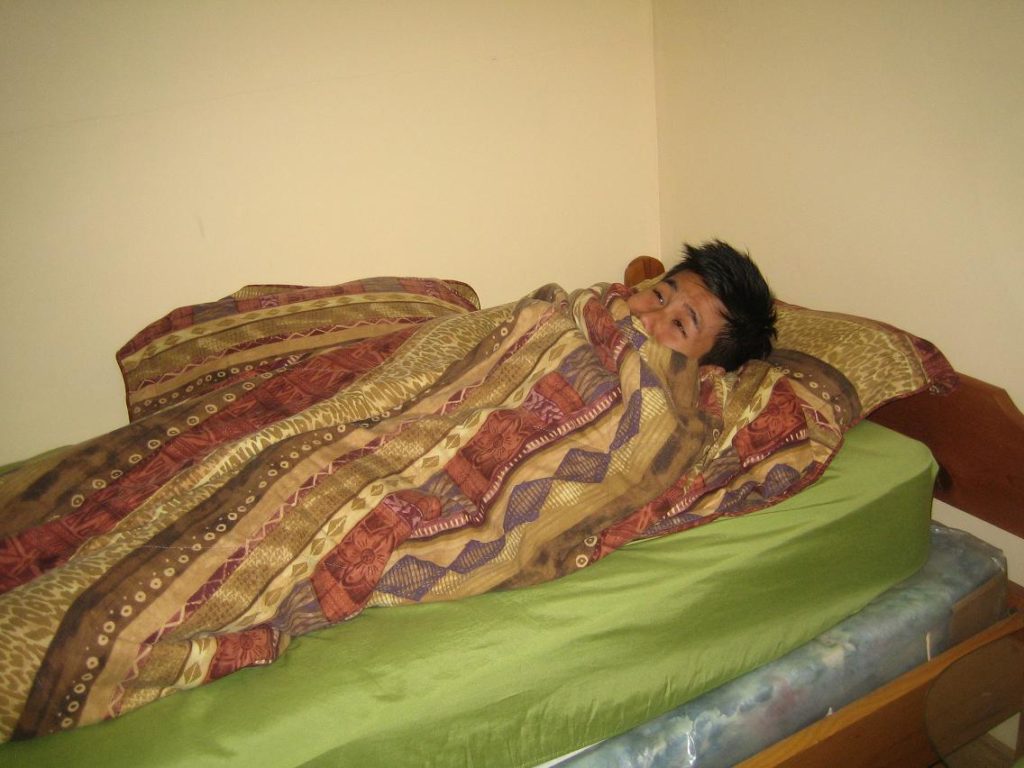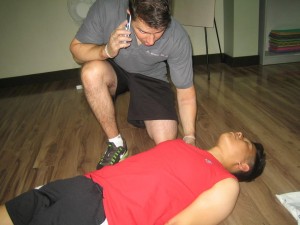After experiencing a stroke, it feels like you have taken a giant step backwards in life. But you can recover and get better after suffering a stroke. Generally, the fact is, it takes work to achieve a full recovery. Here are some approaches to improve your healing after a stroke.
Please note that strokes are serious and if you think you or someone you know is suffering from a stroke contact EMS immediately. To learn to recognize and manage the symptoms of a stroke register for a standard or emergency first aid course in your area.
How to recover from a stroke
Muscle therapy
- The thing most individuals don’t realize when it comes to physical rehabilitation is that it actually is hard work. Generally, you will have to work hard with your therapist to train your muscles as you might not be able to move them on your own.
- It is essential to go into the procedure of physical therapy knowing that it is tough so you don’t become disillusioned in your abilities when it is more strenuous than you expected
- In addition, taking every chance you can get to go to managed physical therapy is one of the best methods when it comes to recovering your abilities.
Occupational therapy
- Occupational therapy is about relearning useful daily living abilities you might have lost.
- You may become irritated when you live through the understanding of how difficult it is to achieve routine tasks that you could easily do before the condition.
- In addition, important chores like cleaning your teeth can seem daunting after one, but with sufficient time and repetition, your quality of life can recover enormously with occupational therapy.
Get sufficient water and food
- Some survivors are faced with a loss of appetite and exhaustion- both of which can hinder their nutrition.
- In addition, it may feel strange that you have to remember to drink and eat for the first time in your life.
Deal with emotions
- Furthermore, an episode can cause you to feel unhappy, depressed, irritated and miserable.
- Talk to a therapist to avoid being bogged down by undue negativity that can obstruct your growth as you recover. In addition, having negative emotions is not wrong; you just have to be able to avoid them from taking over your life.
Avoid injuries
- Generally, a broken bone or a concussion can really slow your recovery. Furthermore, after an episode, it can be hard to accept your physical restrictions.
- Don’t get on ladders or try to pick up heavyweight objects if you aren’t quite certain that you are ‘there yet’ in terms of your recovery.
Avoid infections
- Few individuals know that an infection can deteriorate the symptoms.
- Avoid infections by having a healthy regime, remaining hydrated, washing your hands regularly and getting recommended inoculations.
Related Video
https://www.youtube.com/watch?v=PY8EszDP3jY
FACT CHECK
http://www.stroke.org/we-can-help/survivors/stroke-recovery
https://www.nhs.uk/conditions/stroke/recovery/
https://www.mayoclinic.org/diseases-conditions/stroke/in-depth/stroke-rehabilitation/art-20045172


